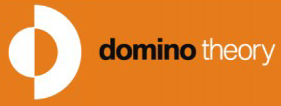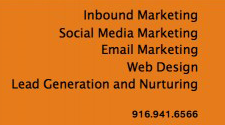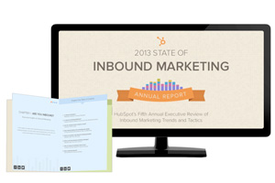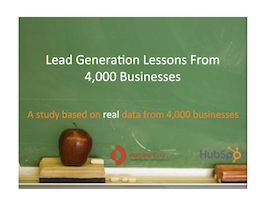I am as big a fan of the Winter Olympics as anyone and you can bet I'll be watching. As much as I'll be watching as a fan, though, I'll be watching also as a marketer. And as much as I'm sure I'll enjoy the events, the Sochi Olympics are a marketer's nightmare - every bit as bad or worse than the Super Bowl.
 I'll get to the questionable marketing value in a bit, but first, let's talk about associating a brand with the ideas and ideals put forth by the Russian government.
I'll get to the questionable marketing value in a bit, but first, let's talk about associating a brand with the ideas and ideals put forth by the Russian government.
The Winter Olympic Games should be a great promotional opportunity for corporate sponsors, as outstanding athletes compete in exciting, good-natured competition and companies get to attach their logos to all the warm fuzzy goodwill being generated. Unfortunately, the Sochi Olympics will be different. While the Olympic ideal separates politics form competition, Russia's lousy human rights record and out-of-date anti-gay stances bring politics to the forefront putting the the ten major corporate sponsors between a rock and hard place.
The mayor of Sochi has claimed that the host city of the Winter Olympics has no gay residents, but that homosexuals would be welcomed to attend the games.
How congenial! Interesting that a reporter for the BBC's Panorama program claims to have visited gay bars in Sochi! Maybe these have only been opened for the gay tourists who have been welcomed so long as they don't "impose their habits on others."
Big corporate sponsors like Coca Cola don't just sit on the sideline and milk the promotional opportunities. They have a seat at the table, they influence how things get run. The positive record Coca Cola has on issues like gay rights in the US can get blown out of the water in a hurry at the Sochi Olympics.
While you can count on the corporate media to downplay the gay rights issues on the air, Coca Cola and McDonald's have both already been hit by protests against their support of the Sochi Olympics.
Near Chicago, a group of protesters stood in front of McDonald’s headquarters with a banner that read, “McDonald’s: Stop funding homophobia.”
Trucks with billboards that said, “Speak out against Russia’s anti-gay laws” circled Coca-Cola’s headquarters in October.
Corporations pay an estimated $100 million to become a major Olympic sponsor. You read that correctly - $100,000,000! On top of this, they pump massive investment into related marketing campaigns.
So quick, name me three sponsors of the last summer Olympics and the products they promoted. Did you drink more Coke or eat another Big Mac because of an ad you watched? I can tell you I purchased all kids of stuff since the last Summer Olympics and not any of it because the company was associated with the games!
Of course I understand that marketing at the global level means more than immediate purchase. There are case studies showing how Coca Cola's sponsorship of the 1964 games in Tokyo, Japan helped them to expand bottling and distribution in that country. But at this point, is there anywhere Coca Cola doesn't have bottling and distribution? I can't imagine where that might be, but maybe you know?
For their $100 million McDonald's got their #CheersToSochi hashtag campaign hijacked by gay rights activists. LGBT protesters have been dumping cans of Coke in the street from the US to South Africa. Maybe this is why Coca Cola's normally ubiquitous Olympics advertising has been all but invisible this year? Have you seen a McDonald's ad yet?
Companies sponsor events like the Sochi Olympics for the, "Halo Effect." The feel good vibe brought on by the camaraderie, sportsmanship and athletic achievement. But what happens when that turns upside down? What happens when there are photos of toilets that can't handle toilet paper, unfinished hotel rooms, undrinkable water, unfinished streets, and the killing of stray dogs? For the first time, Olympic sponsorship has incredible marketing risk.
With dubious ROI to begin with, and increasing safety risk for athletes and attendees, the Sochi Olympics are a marketer's nightmare. For sponsors, this could be even worse than the Super Bowl! Enjoy the games! Then on to Brazil for World Cup this summer and 2016 Olympics where things are, well, pretty damn bad, too.



 What did you notice as the biggest difference between the winning Seattle Seahawks and the demolished Denver Broncos in in Super Bowl XLVIII? Did the Seahawks step it up a notch? Were the Broncos ill-prepared? Did the Broncos choke?
What did you notice as the biggest difference between the winning Seattle Seahawks and the demolished Denver Broncos in in Super Bowl XLVIII? Did the Seahawks step it up a notch? Were the Broncos ill-prepared? Did the Broncos choke?

